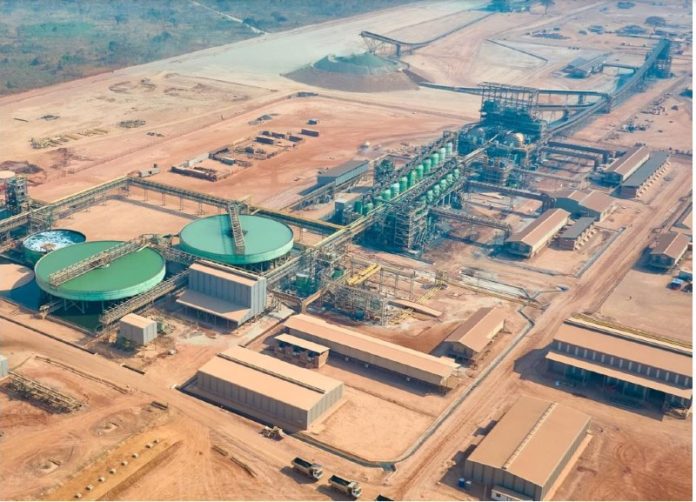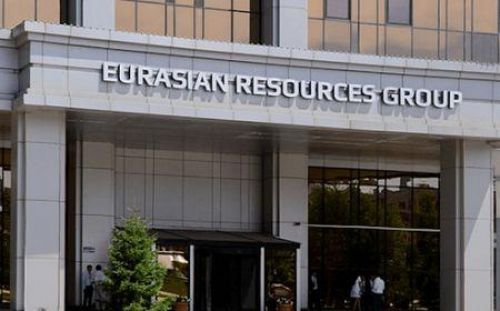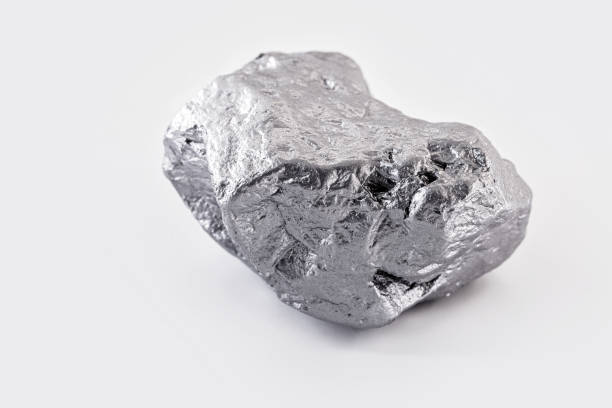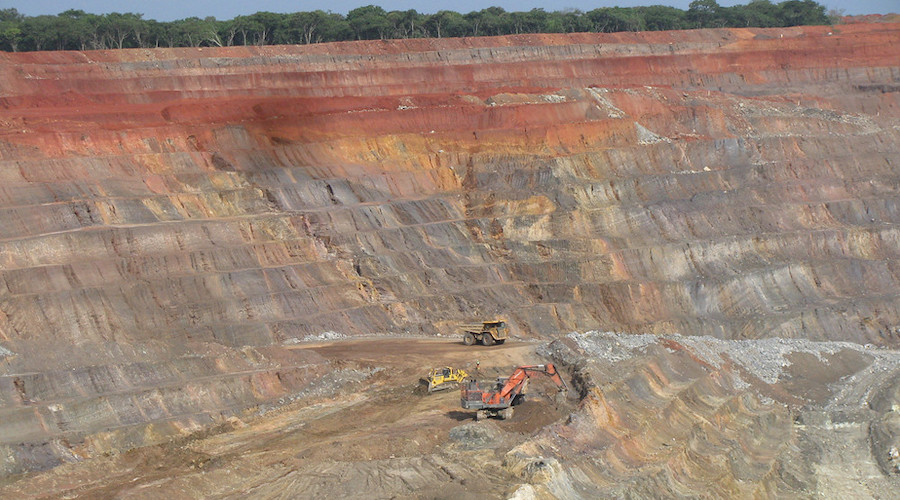Base Metals

Victims of Zambian copper mine disaster demand multibillion dollar payout
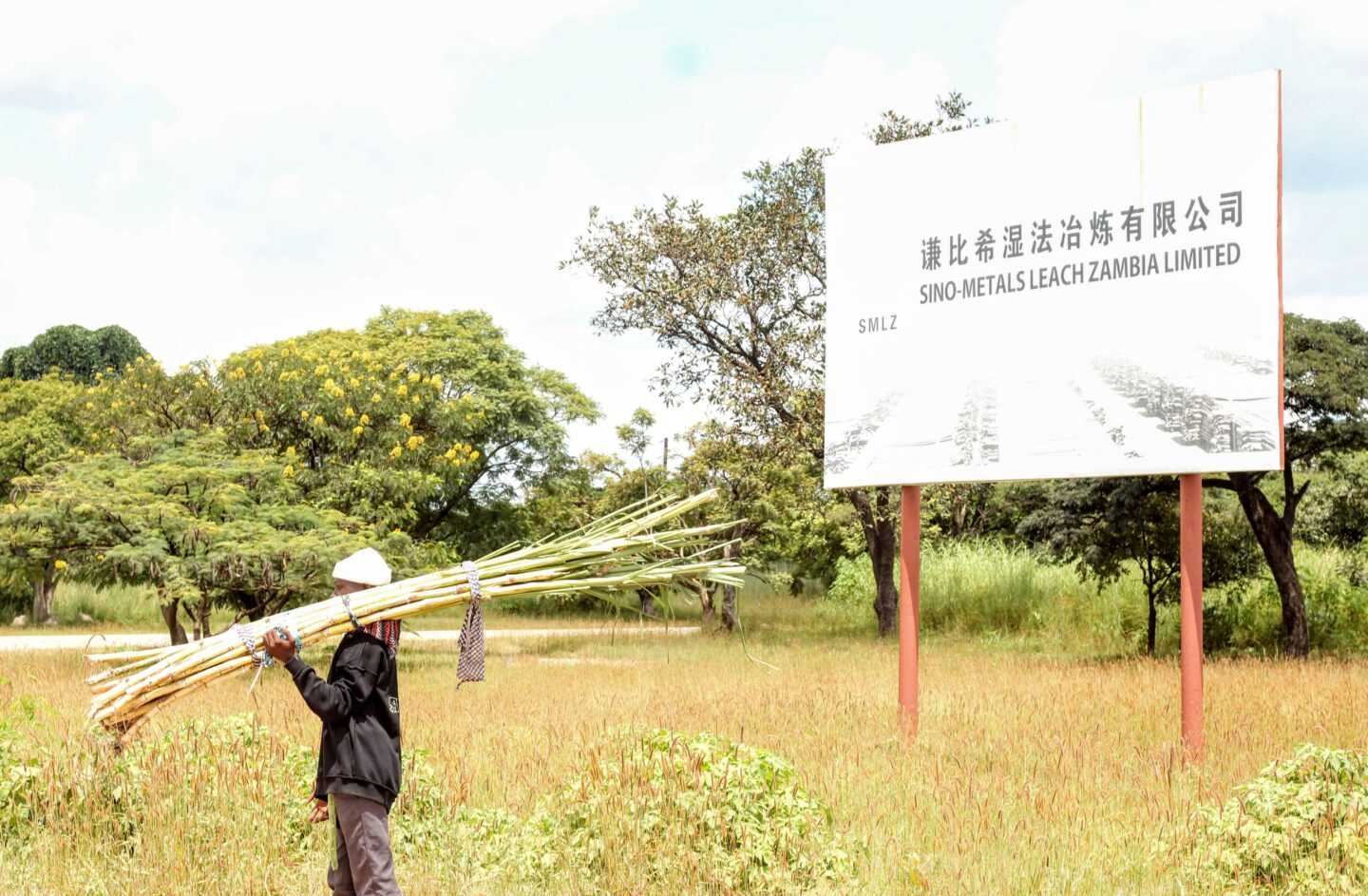
International mining experts have warned that communities will be exposed to long-term health risks for decades without drastic measures to tackle the pollution.
Despite assurances by the company and the government over the clean-up, the US and Finnish governments have told their citizens to evacuate the area due to the pollution risks.
Now local people are demanding Sino-Metals Leach Zambia pay billions of dollars in compensation and reparation costs or face legal challenges.
In February, millions of litres of acidic effluent polluted the Kafue River after the dam holding Sino-Metals’ mining waste burst its walls, polluting one of the country’s most important watersheds.
The government’s response to the spill has been widely seen as a test of its ability to regulate the mining industry as it plans to triple production of copper – a sought-after mineral critical to the energy transition – to three million tonnes a year by 2031.
It ordered Sino-Metals to pay 1.5 million Zambian Kwachas ($63,000), to compensate affected communities and pay for an assessment of the environmental damage. The company apologised for the spill and helped authorities spread lime along the river to neutralise the acid.
Last month, the government said recent water and sediment testing showed the threats to public health and the environment had been brought under control.
But local people and civil society groups have accused the government of whitewashing the true scale of the disaster.
‘Total negligence’
For fishing communities along the Kafue, the government’s reassurances ring hollow. “Total negligence, nothing has been done to clean this river or rectify the situation,” Sean Cornelious, a resident of Chambishi where Sino-Metals’ copper plant is located, told Climate Home News.
Farmers told local radio Roan FM they received compensation worth just K2,000 ($84) for the loss of their crops and livestock – an amount they described as insulting.
A group of 150 affected households is demanding Sino-Metals pay $200 million in compensation and $80 billion into a reparation fund to address the long-lasting impacts to communities and the environment. They also denounce a harassment campaign, which they say has seen anyone trying to help affected communities being questioned by police.
They are expected to file a lawsuit in the local Kitwe High Court.
“The issue is very serious and requires serious action,” community organiser and environmental campaigner Chilekwa Mumba told Climate Home. Mumba previously led a landmark case against mining firm Vedanta Resources in a British court, which resulted in compensation for polluted communities in the copper mining town of Chingola.
Separately, another group of 47 households said they would file a lawsuit in the Lusaka High Court if Sino-Metals didn’t agree to pay $220 million in immediate compensation. They are also seeking the creation of a $9.7 billion environmental reparation fund.
Sino-Metals has not responded to a request for comment. Climate Home has contacted the company’s lawyers. The company has previously committed to remedy the situation by cleaning up the river and helping restore people’s livelihoods.
Experts say communities face health risks for decades
More than six months after the spill, the government and waste treatment experts continue to present conflicting assessments of the extent of the environmental damage.
In a press briefing last month, Zambia’s government spokesperson Cornelius Mweetwa said water testing showed that acidity levels have returned to normal and concentrations of heavy metals are steadily decreasing.
“This means the immediate danger to humans, animals, and plant life has been averted as we speak today,” he said. “All serious implications for public health, water safety, agriculture and the environment have been brought under control. There is, therefore, no cause for alarm.”
However, independent experts at Drizit Zambia, a company which was contracted by Sino-Metals to assess the environmental damage, warned that toxic mining waste is still present in the environment and poses “significant long-term health risks, including organ damage, birth defects, and cancer”.
In June, the firm warned Sino-Metals and the Zambian government that the scale of the pollution had been grossly understated and called for immediate intervention. It found that 1.5 million tons of toxic sludge spilled from Sino-Metals’ waste dam – 30 times more than the official estimate. Approximately 900,000 cubic metres of toxic waste is still present in the environment, it said.
Sino-Metals rejected the company’s methodology and terminated its contract the day before the final report was due. Drizit has since initiated legal proceedings against the Chinese firm over the contractual dispute.
In a statement on Friday, the company said: “We stand by our findings: unless the remaining toxic tailings are removed and safely contained in a properly engineered facility, downstream communities will remain at risk for decades”.
Environment minister Mike Mposha recently announced that the state had taken over the procurement process for an independent consultant to assess the extent of the pollution.
Finland, US order citizens to evacuate
Drizit’s warning was not the first time the government was told about the extent of the damage.
In April, EPSE Oy Ltd, a Finnish company specialising in the treatment of mining waste, warned Sino-Metals and the Zambian government of the presence of 24 different heavy metals in the Chinese company’s wastewater pond after testing samples from the site of the leak.
It found that 16 of them exceeded safe limits set by the World Health Organization.
In a public statement, EPSE Oy said it was “concerned about the health and safety of the public” and remained open to discuss cooperation on addressing the environmental risks.
In light of the findings, the Finnish embassy warned against all movements and use of water around the Sino-Metals mine and 20 kilometres downstream. Weeks later, the US government ordered the immediate withdrawal of its personnel from areas affected by the spill.
In response, Zambia’s government spokesperson Mweetwa accused the US of unjustifiably hitting the “panic button”.
A system that prioritises profits
Civil society groups have demanded full disclosure of environmental test results and transparency in the cleanup process.
“The lack of transparency and accountability in this matter is a betrayal to the people of Zambia. Those responsible must be held to account,” said Solomon Ngoma, executive director of The Acton Institute for Policy Analysis Centre in Zambia.
The Catholic Bishops of Zambia denounced the government’s “casual approach to a matter of life and death”.
“We see a system that seems to prioritise short-term economic gains over long-term environmental health, allowing polluters to operate with impunity,” they said in a statement.
They urged the government to ensure polluters fairly compensate affected communities and restore ecosystems and to “enforce environmental and mining safety regulations without fear or favour”.




